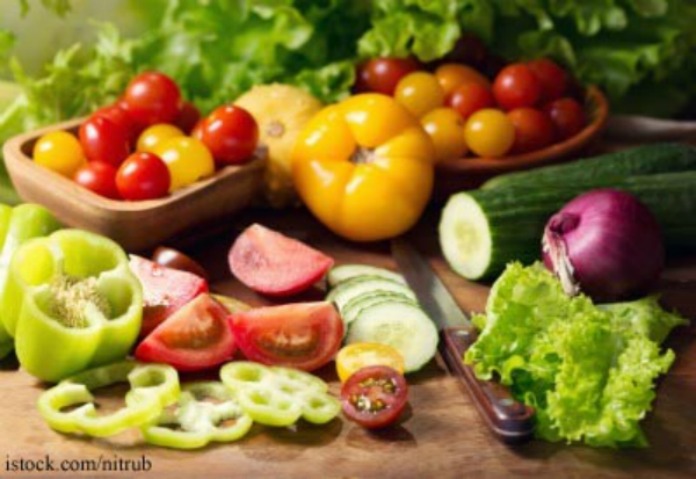Environmental Working Group (EWG) has published their 2023 guide to the Dirty Dozen list, which is a list of fruits and vegetables that are likely to have the most pesticide residue. The biggest news is that blueberries are back on the list, with traces of several toxic pesticides. Americans are eating three times as many blueberries as 20 years ago, according to that agency.

The list is based on analysis of the USDA data, which tests some fruit and vegetable samples. Just under 80% of all blueberry samples tested positive for two or more pesticides, compared to 70% in 2014. One sample of blueberries had up to 17 different pesticide residues.
The most problematic pesticides are phosmet and malathion, which are organophosphate insecticides. They can be toxic to the human nervous system, especially in children. Phosmet is not approved for use in the European Union, and malathion is approved for use in greenhouses only. But the EPA allows both for use on U.S. crops.
Fruits and vegetables on the Dirty Dozen list include:
- Strawberries
- Spinach
- Kale, collard, and mustard greens
- Peaches
- Pears
- Nectarines
- Apples
- Grapes
- Bell and hot peppers
- Cherries
- Blueberries
- Green beans
The Clean 15 List, with the lowest amounts of pesticide residues, include:
- Carrots
- Watermelon
- Sweet potatoes
- Mangoes
- Mushrooms
- Cabbage
- Kiwi
- Honeydew melon
- Asparagus
- Frozen sweet peas
- Papaya
- Onions
- Pineapple
- Sweet corn
- Avocados
The list is based on testing data conducted by the USDA on more than 46,000 samples of 46 fruits and vegetables. The agency washes, peels, and scrubs fruits and vegetables as consumers would before the food is tested for more than 250 pesticides.




